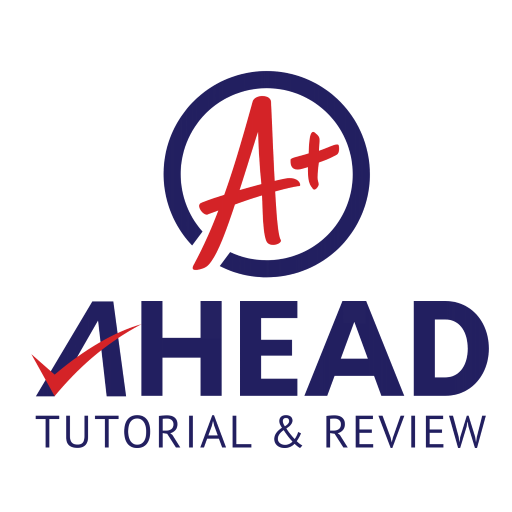Schools schedule regular meetings between parents and teachers, usually when report cards are distributed after the end of each quarter. The child’s academic progress is usually discussed during these conferences as well as behavioral issues and other concerns. Unfortunately, some parents are not so inclined to attend these conferences. Citing their busy schedules, some parents just rely on the report card to see how well or how poorly their child is doing in school.
Parent-teacher conferences are important occasions. Personally going to your child’s school shows him that you care about his education. It also tells him that how well he performs in school is very important to you, says Rossana L. Llenado, AHEAD Tutorial & Review Center president.
By going to these conferences, you are also telling his teacher that you support appropriate moves to improve and enhance your child’s academic performance, she adds.
You can make the most of parent-teacher conferences by keeping the following points in mind:
Be prepared. A couple of days before your meeting, sit down with your child. Ask him to share his concerns with you. Encourage your child to open up about whatever problems he is facing in school. If he doesn’t have any problems, ask him what he likes about going to school. See if he has any suggestions to make his school an even better institution of learning.
Write it all down. While you’re chatting, keep a notebook handy and list down his concerns. Afterwards, frame them into thoughtful questions or suggestions. Because you’ll only have limited time with the teacher, it is best that you already have a set agenda.
See the teacher as your partner. Remember that the teacher is not there to judge you. He is there to give you an objective assessment of your child’s performance. If your child is not doing well, don’t be on the defensive, instead be investigative. Ask the teacher why he thinks your child is in such a state in his academic life. Be candid as well of any prevailing matters at home that may be affecting your child’s performance in school. If your child is doing well, ask the teacher about the possibility of further enhancing your child’s education. Are there any interschool competitions that he might join? Are there advanced programs that your child might be interested in?
Move forward. After looking into the possible causes, then it’s time to set goals and look into strategies. Ask the teacher about how you can help improve your child’s performance. Should you cut down on his TV time at home? Should you sign him up for tutorials? Discuss ways by which you can be an ally in your child’s continuing education.

Thanks for the tips AHEAD! My daughter is currently in 3rd grade now and I think parent-teacher conferences have a little more weight now than when she was younger. Not that they weren’t important before. :) I’ll try to get more information from her teachers next time. :)
My daughter always seems agitated whenever a schedule for parent-teacher conferences comes up. I never did worry about her restlessness because her teachers always have the nicest things to say about her attitude and performance. But I was wondering if I’m the reason why she’s so nervous about these meetings. Any tips on how I can tell if I’m putting too much pressure on my kids to do well in school?